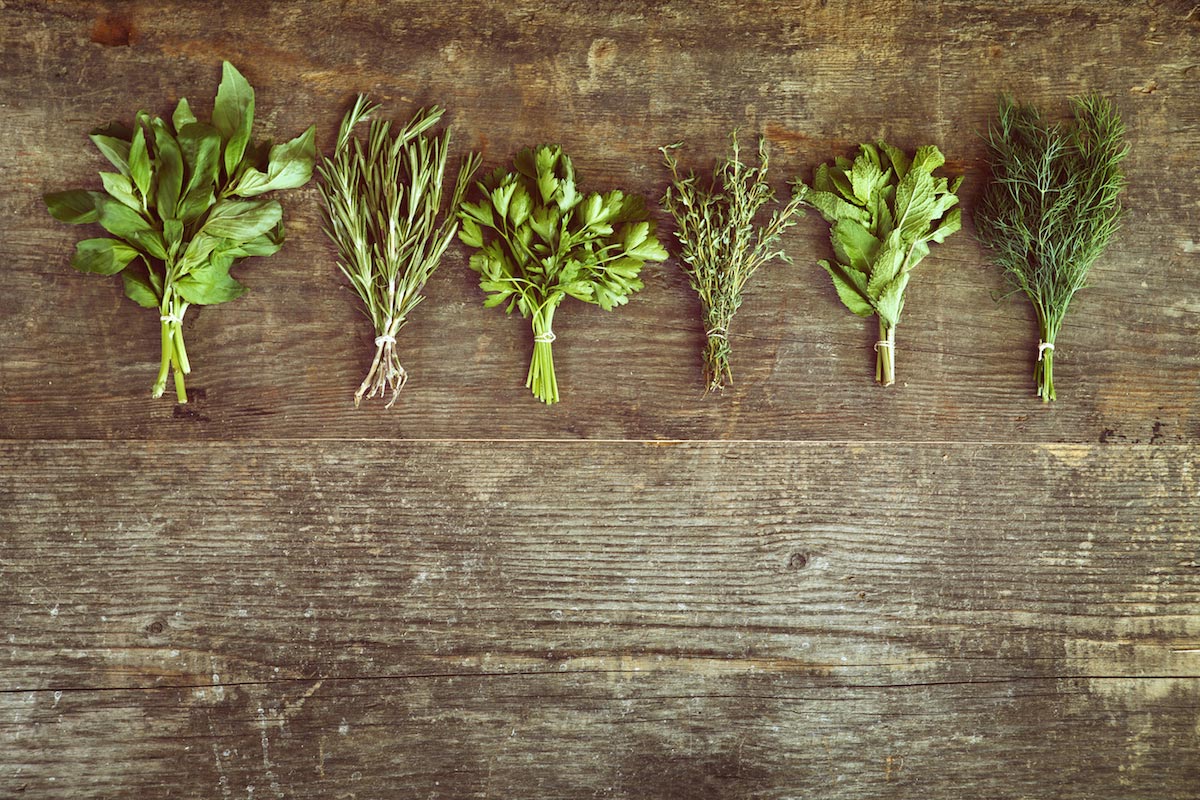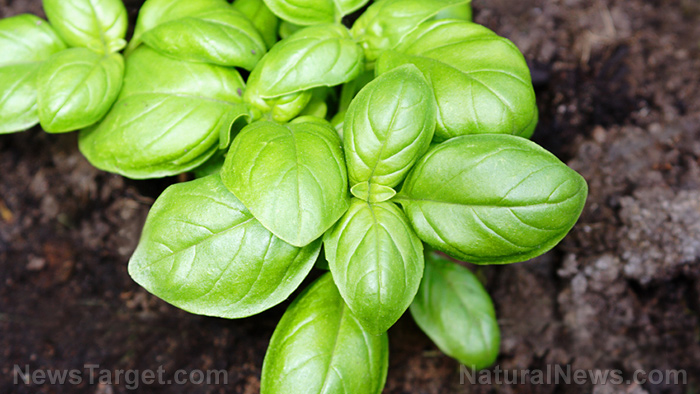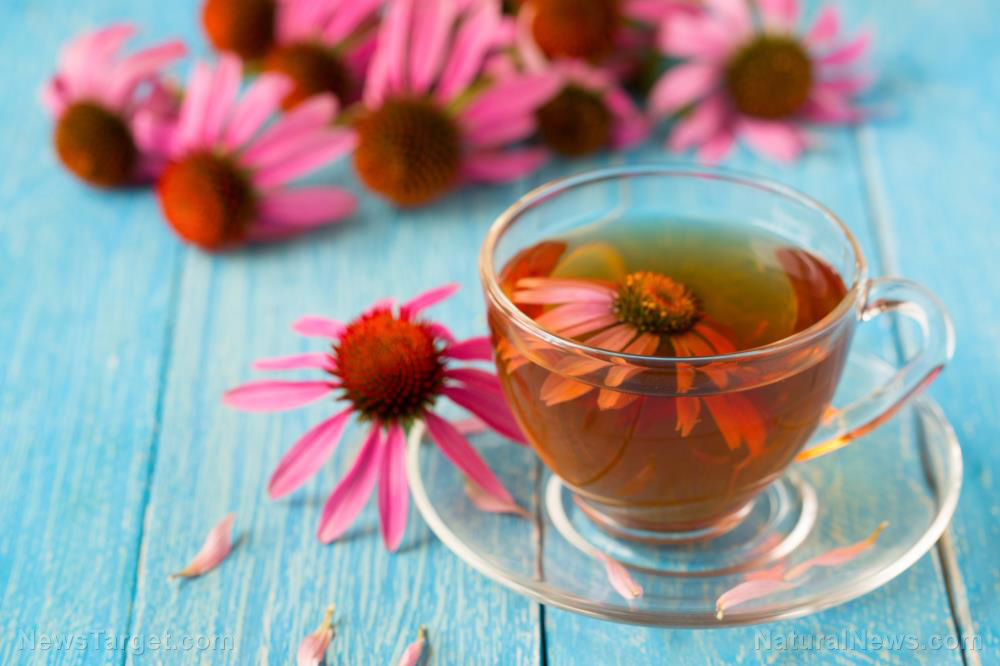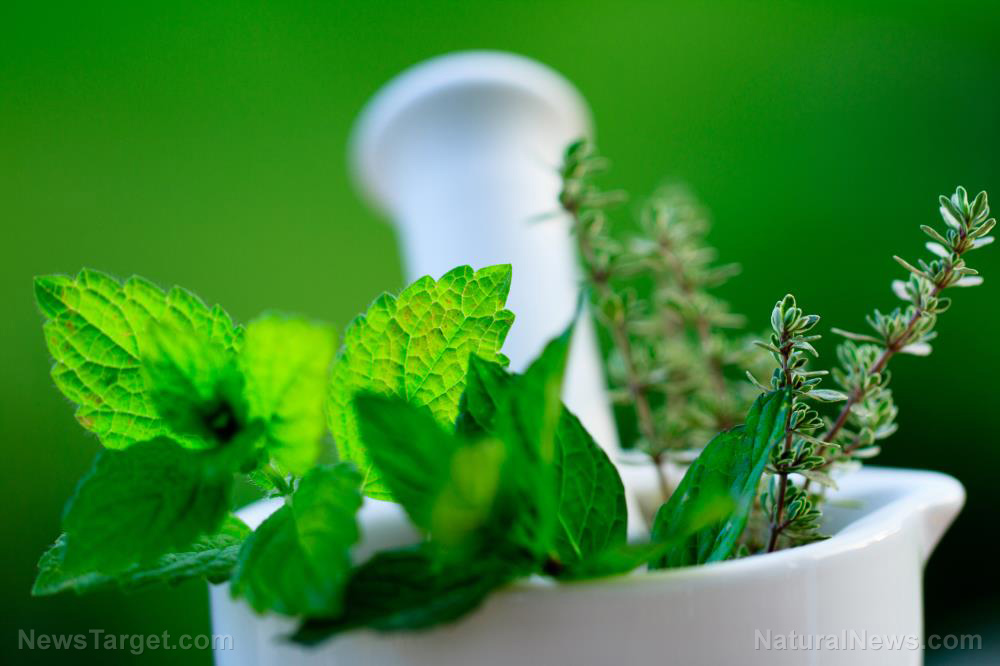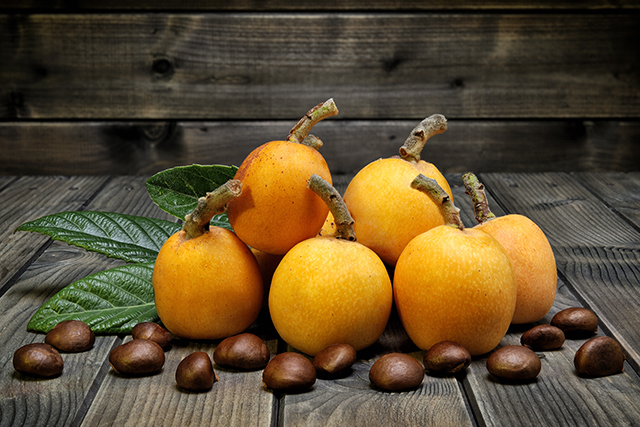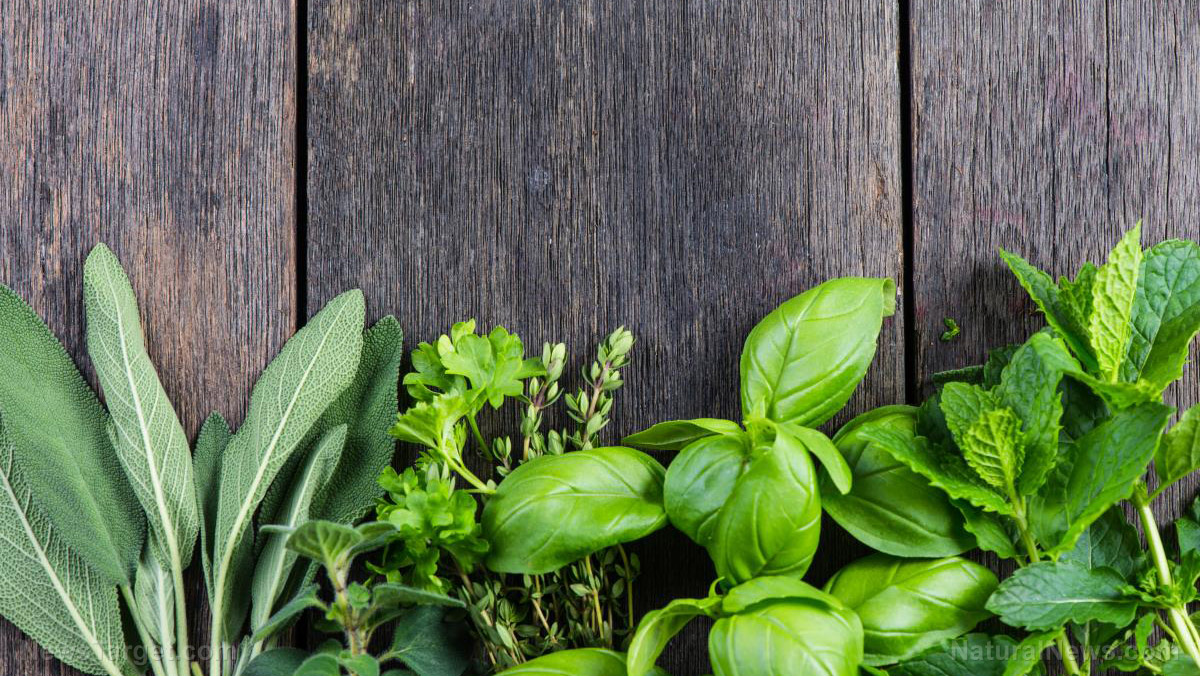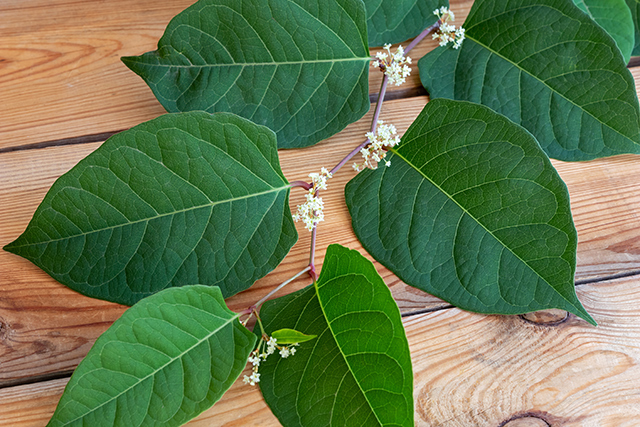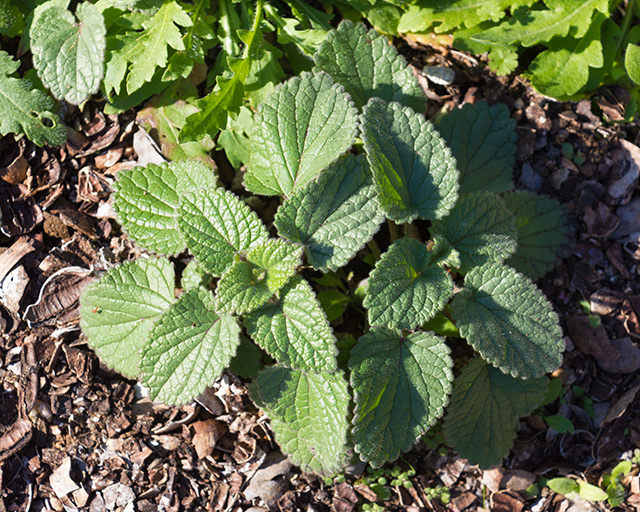Local cassia tree in Thailand can help dissolve dangerous blood clots
01/25/2021 / By Evangelyn Rodriguez
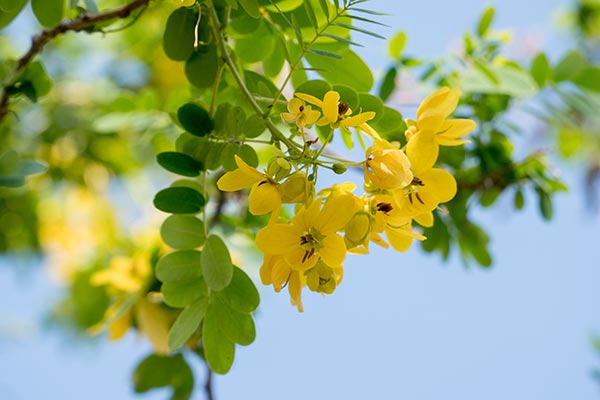
Cassia siamea, commonly known as yellow cassia or Siamese senna, is an evergreen tree native to Southeast Asia, particularly in the countries of Myanmar, Malaysia, Laos, Vietnam and Thailand. Known as a source of high-quality firewood, yellow cassia is also grown as an ornamental because of the bright yellow flowers it produces throughout the year.
The different parts of yellow cassia can be used for various purposes. Its young fruits and leaves, for instance, are consumed as vegetables in Asia and are often used when making curry. The fruits are also useful for getting rid of intestinal worms and preventing convulsions in children. Meanwhile, the heartwood of yellow cassia is used as a laxative in traditional medicine and can be used to make a decoction for the treatment of scabies.
In a recent study, researchers at the Vijaya Institute of Pharmaceutical Sciences for Women in India investigated the total phenolic content of yellow cassia and explored another medicinal use for the plant. Using extracts derived from its leaves, they looked at whether yellow cassia contains active components that can dissolve dangerous clots in blood vessels. The researchers reported their findings in an article published in the International Journal of Green Pharmacy.
The thrombolytic properties of yellow cassia
For their experiment, the researchers first prepared aqueous and alcohol extracts using the leaves of yellow cassia. They then performed preliminary phytochemical screening, followed by quantification of the extracts’ total phenolic content.
Next, the researchers tested the extracts and one of the plant’s active components — a compound called pyrogallol — for in vitro thrombolytic activity using streptokinase (SK), an enzyme commonly used to break down blood clots, as standard in human venous blood. According to earlier studies, pyrogallol possesses antibacterial, anti-psoriatic, anti-fungal and anti-malarial properties. It is also found in plants like oak and fruits like apricot, avocado and gall.
The researchers reported that the total phenolic content of the aqueous and alcohol extracts of yellow cassia were 3 mg/g and 0.3 mg/g equivalent of pyrogallol, respectively. Both extracts tested positive for phenolic compounds and flavonoids. These phytochemicals are said to have plenty of beneficial properties, such as antioxidant, anti-viral, anti-cancer, anti-aging and anti-inflammatory activities.
The researchers also found that when it comes to dissolving blood clots, the aqueous extract of yellow cassia is more effective than SK. The percentage of clot lysis caused by standard SK was only 2.25 percent, while the aqueous extract caused 14.50 percent. Meanwhile, the yellow cassia ethanol extract caused 18 percent blood clot lysis, while pyrogallol alone caused 17.75 percent. This suggests the pyrogallol is the compound responsible for the plant’s thrombolytic activities.
Based on these findings, the researchers concluded that the thrombolytic activity of yellow cassia ethanolic extract may be due to the hydrolysable tannin, pyrogallol. This compound is a promising natural medicine that can be used to protect the heart from the consequences of blood clotting in the arteries. (Related: Blood clots: Everything you need to know (and ways to prevent them).)
Yellow cassia leaves also have anti-diabetic properties
In a recent animal study, researchers investigated the mechanisms behind the various biological activities of yellow cassia, which include cholesterol-lowering, liver-protective and blood sugar-lowering properties. They reported that treatment with yellow cassia leaves not only protected the livers of obese mice from damage, but it also prevented endothelial dysfunction, which is a non-obstructive coronary artery disease (CAD) characterized by the narrowing of blood vessels on the heart’s surface.
The researchers also found that yellow cassia reduced blood sugar and insulin levels in the obese mice, as well as improved their glucose tolerance and insulin sensitivity. Altogether, these findings suggest that yellow cassia leaves can protect against Type 2 diabetes as well as the complications associated with the disease.
For more stories about medicinal plants that can protect against diseases, visit NaturalMedicine.news.
Sources include:
GreenPharmacy.info [PDF]
IrisPublishers.com [PDF]
Tagged Under: alternative medicine, blood clot, heart health, natural cures, natural medicine, phytonutrients, plant medicine, pyrogallol, remedies, research, thrombolytic, yellow cassia
RECENT NEWS & ARTICLES
PlantMedicine.News is a fact-based public education website published by Plant Medicine News Features, LLC.
All content copyright © 2018 by Plant Medicine News Features, LLC.
Contact Us with Tips or Corrections
All trademarks, registered trademarks and servicemarks mentioned on this site are the property of their respective owners.



